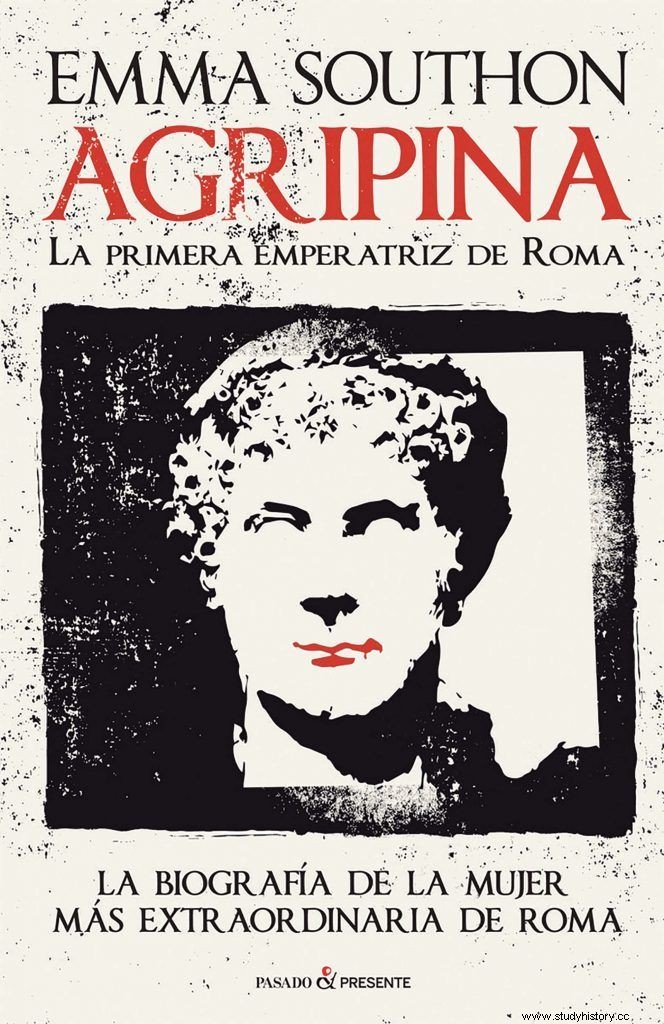
Alberto Pérez: It caught my attention that you use a very colloquial language in Agrippina
A: Do you think that the use of this type of language can bring the story closer to a casual reader?
A: It's true, I think our way of understanding Rome is prejudiced by the neoclassical tradition, and you, on the other hand, bring it closer to some modern fiction.
A: In fact, when you review some characters like Tiberius, Caligula, Claudius... they don't come out very well, to a certain extent they are quite stupid.
A: Going to the subject of the book, why do you think that it is during the crisis of the Republic and the beginning of the Empire when powerful women appear, who play a role in the political arena?
A: Sure, that's why women are also so prominent during the Severe crisis
A: And don't you think that somehow continues to happen, that politicians like Angela Merkel or Theresa May are often attacked because of their gender?
A: Do you think this could change one day?
A: Conversely, there are people who think that Agrippina couldn't kill Claudius because she was a woman, as if that's why she couldn't lust for power, but why not?
A: Do you think that the work of Robert Graves still colors our vision of the Julio-Claudian dynasty?
A: Precisely, I like your approach that makes it clear that we have very few sources, some written long after the events, and very biased.
A: Imagine that it appears among the charred papyri of the Herculaneum library...
A: What do you think about the emphasis that the sources put on the sex stories when talking about powerful women like Messalina or Agrippina?
A: Do you think that we have inherited this Greco-Roman vision, about a woman who cannot control herself and what this implies in public life?
A: At the present time, do you think it is possible to write a history of the classical world from the perspective of women?
A: On the other hand, sometimes I see how contemporary values are projected onto women of the past, when probably women like Messalina or Agrippina, who were not angels and would share the values of their male peers.
A: Going to subjective issues, I have the impression that for you Caligula was not so bad?
A: Do you think Nero comes out of the same mould?
A: And do you think that his character has to do with his education?
A: The more I read about the Julio-Claudians, the more I like Vespasian…
A: Look, that denomination "five good emperors" continues to indicate how we are indebted to neoclassicism and Gibbon, because I doubt that Hadrian seemed good to the Jews or Trajan to the Dacians...
A: Do you think ancient history is still important today?
A love we share, thank you very much Emma!

Agrippina. The first Empress of Rome
ISBN 978-84-948208-7-8
Pages:270
Author:Emma Southon
Publisher:Past &Present
